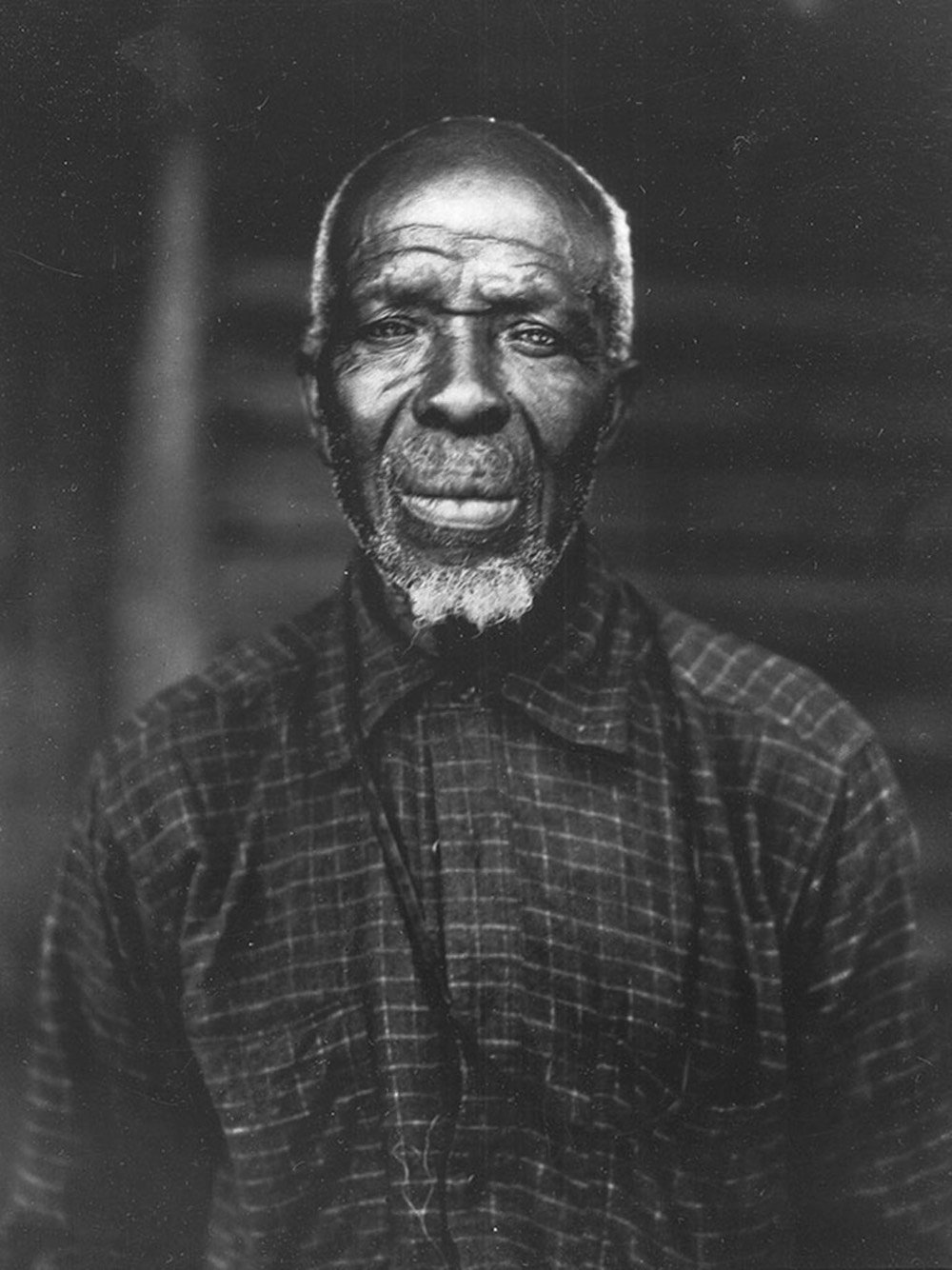The story of the last survivor of the Atlantic slave trade
In the late 1920s & early 1930s, African-American writer Zora Neale Hurston interviewed an Alabama man named Cudjo Lewis about his life. Lewis was the last survivor of the last slave ship to arrive in America in 1860, decades after the international slave trade had been made illegal in the US. Hurston attempted to publish Lewis’ story as a book, but her extensive use of Lewis’ “unique vernacular” kept publishers away. Last month, Barracoon: The Story of the Last “Black Cargo” was finally published.
In 1927, Zora Neale Hurston went to Plateau, Alabama, just outside Mobile, to interview eighty-six-year-old Cudjo Lewis. Of the millions of men, women, and children transported from Africa to America as slaves, Cudjo was then the only person alive to tell the story of this integral part of the nation’s history. Hurston was there to record Cudjo’s firsthand account of the raid that led to his capture and bondage fifty years after the Atlantic slave trade was outlawed in the United States.
In 1931, Hurston returned to Plateau, the African-centric community three miles from Mobile founded by Cudjo and other former slaves from his ship. Spending more than three months there, she talked in depth with Cudjo about the details of his life. During those weeks, the young writer and the elderly formerly enslaved man ate peaches and watermelon that grew in the backyard and talked about Cudjo’s past-memories from his childhood in Africa, the horrors of being captured and held in a barracoon for selection by American slavers, the harrowing experience of the Middle Passage packed with more than 100 other souls aboard the Clotilda, and the years he spent in slavery until the end of the Civil War.

Vulture has an excerpt of the book.
De King of Dahomey, you know, he got very rich ketchin slaves. He keep his army all de time making raids to grabee people to sell. One traitor from Takkoi (Cudjo’s village), he a very bad man and he go straight in de Dahomey and say to de king, “I show you how to takee Takkoi.” He tellee dem de secret of de gates. (The town had eight gates, intended to provide various escape routes in the event of an attack.)
Derefore, dey come make war, but we doan know dey come fight us. Dey march all night long and we in de bed sleep. It bout daybreak when de people of Dahomey breakee de Great Gate. I not woke yet. I hear de yell from de soldiers while dey choppee de gate. Derefore I jump out de bed and lookee. I see de great many soldiers wid French gun in de hand and de big knife. Dey got de women soldiers too and dey run wid de big knife and dey ketch people and saw de neck wid de knife den dey twist de head so it come off de neck. Oh Lor’, Lor’! I see de people gittee kill so fast!
There’s an audiobook version as well…I bet it’s amazing to listen to.





Stay Connected